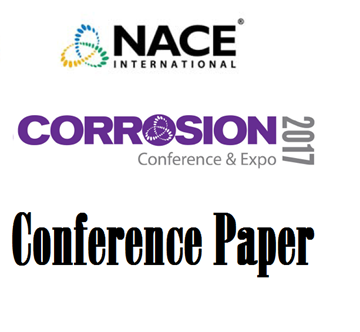Search
51314-4423-Bio-Oil Properties and Effects on Containment Materials
Also Purchased
51316-7867-Materials Issues in Thermochemical Production Processing and Utilization of Bio-Oil
Product Number:
51316-7867-SG
ISBN:
7867 2016 CP
Publication Date:
2016
$20.00
Materials Compatibility Issues in Biofuels – A Review
Product Number:
51317-10039-SG
ISBN:
0039 2017 CP
Publication Date:
2017
$20.00
51313-02240-Corrosiveness of Biodiesel/Diesel Blends
Product Number:
51313-02240-SG
ISBN:
02240 2013 CP
Publication Date:
2013
$20.00




